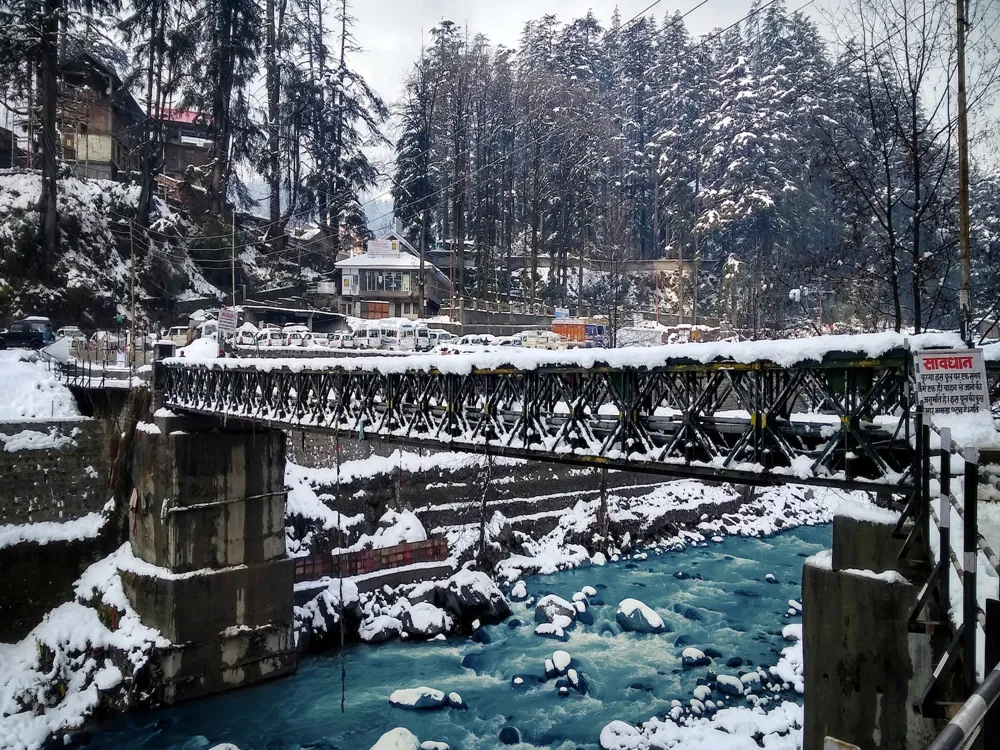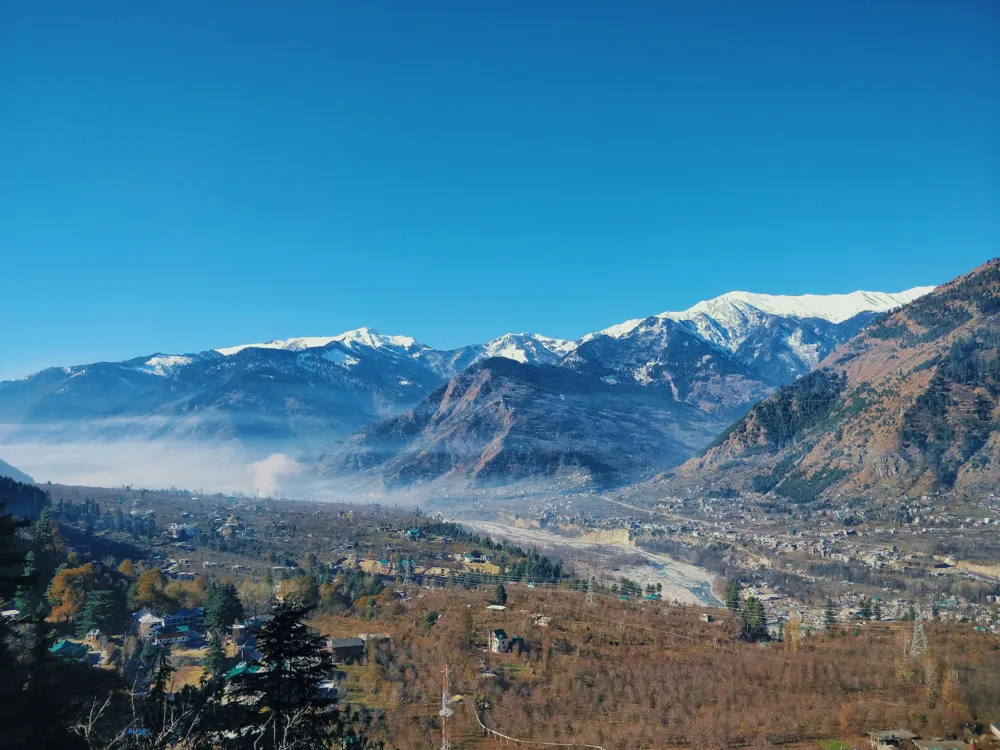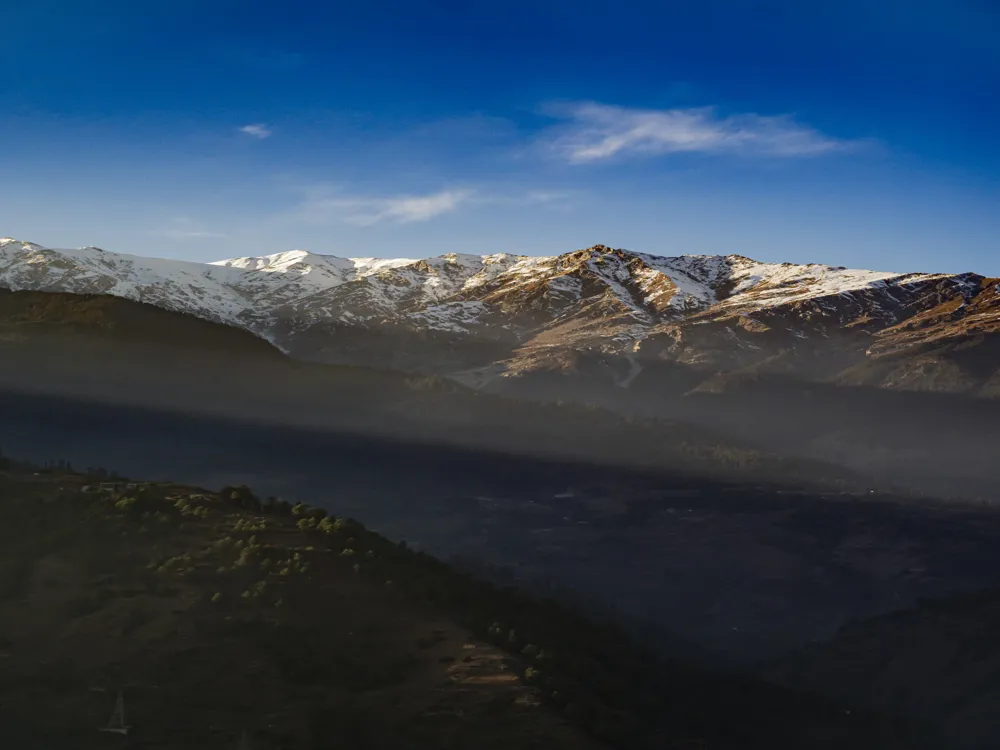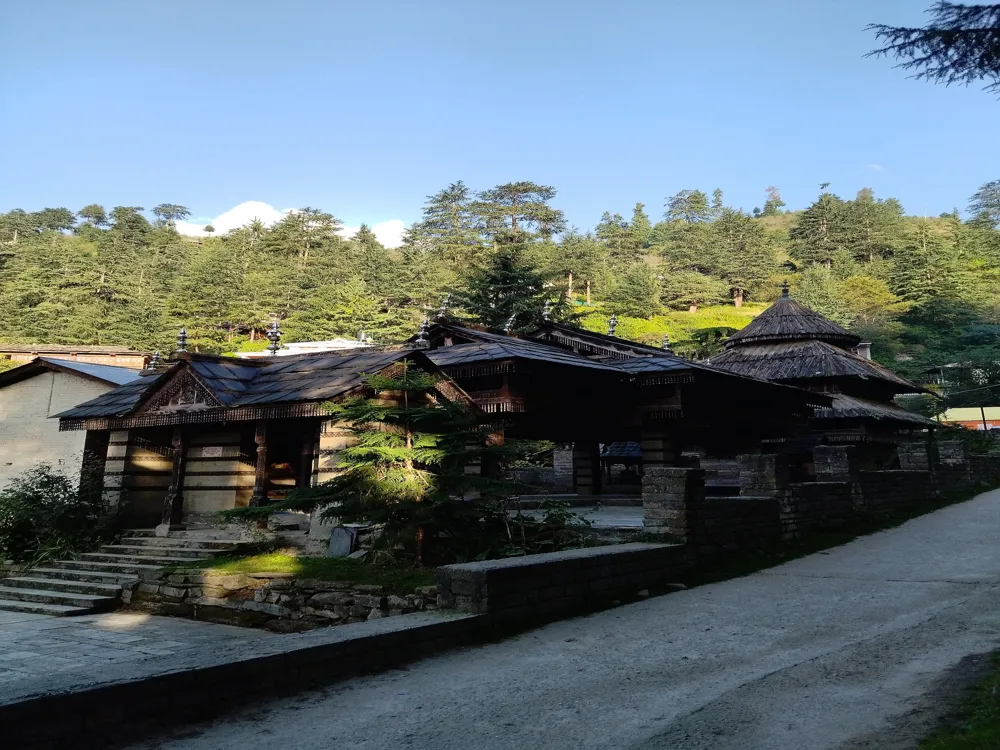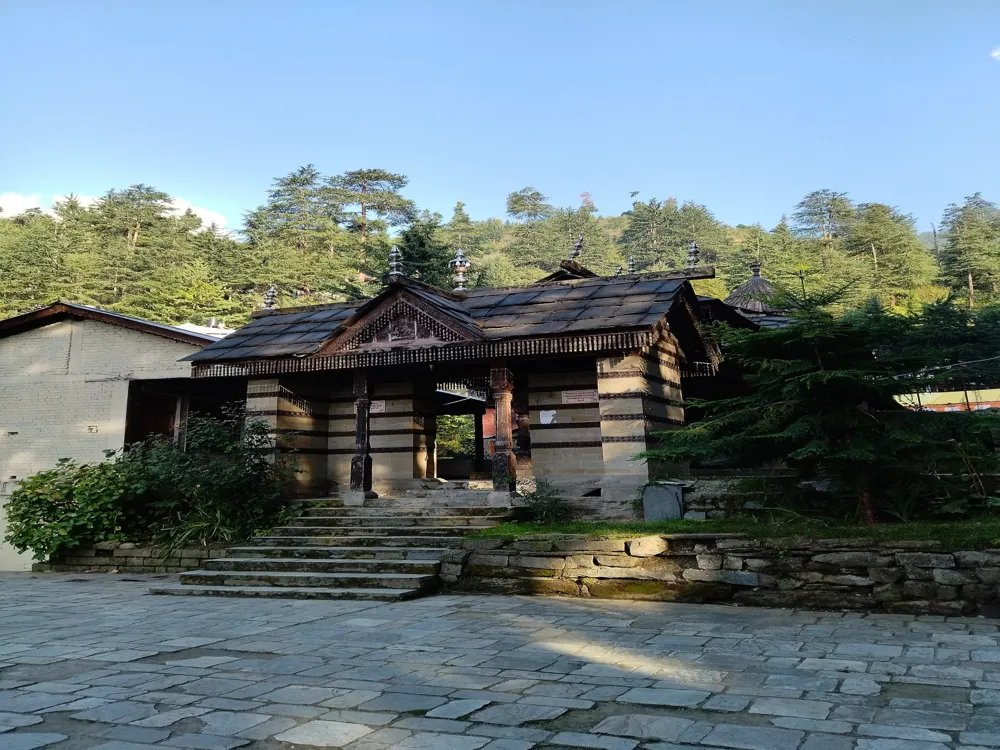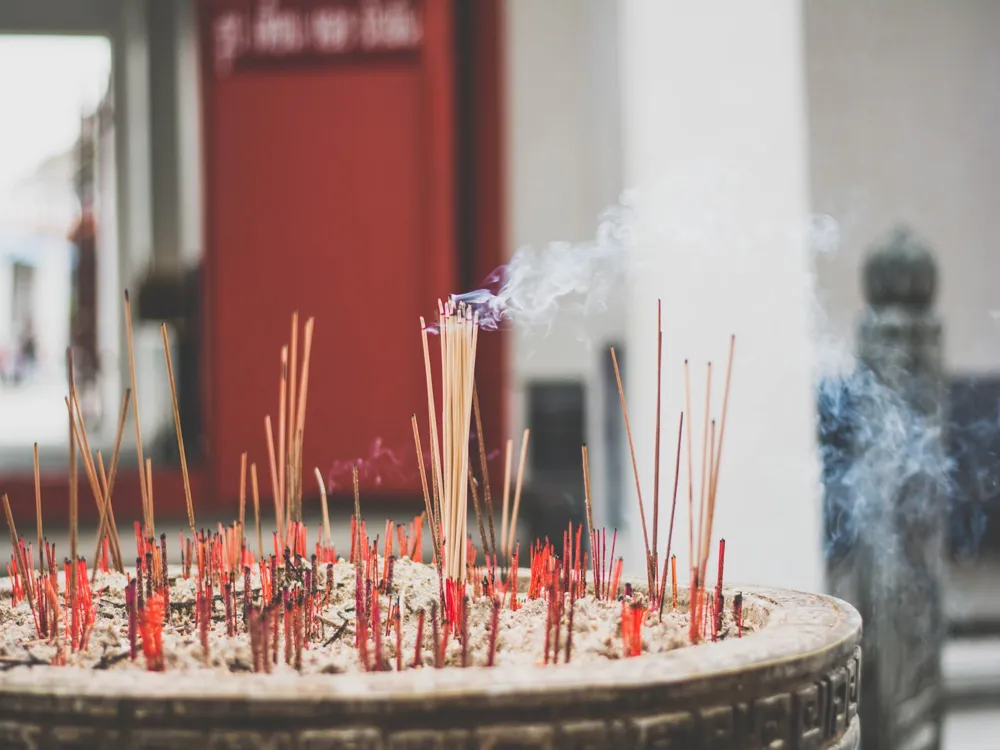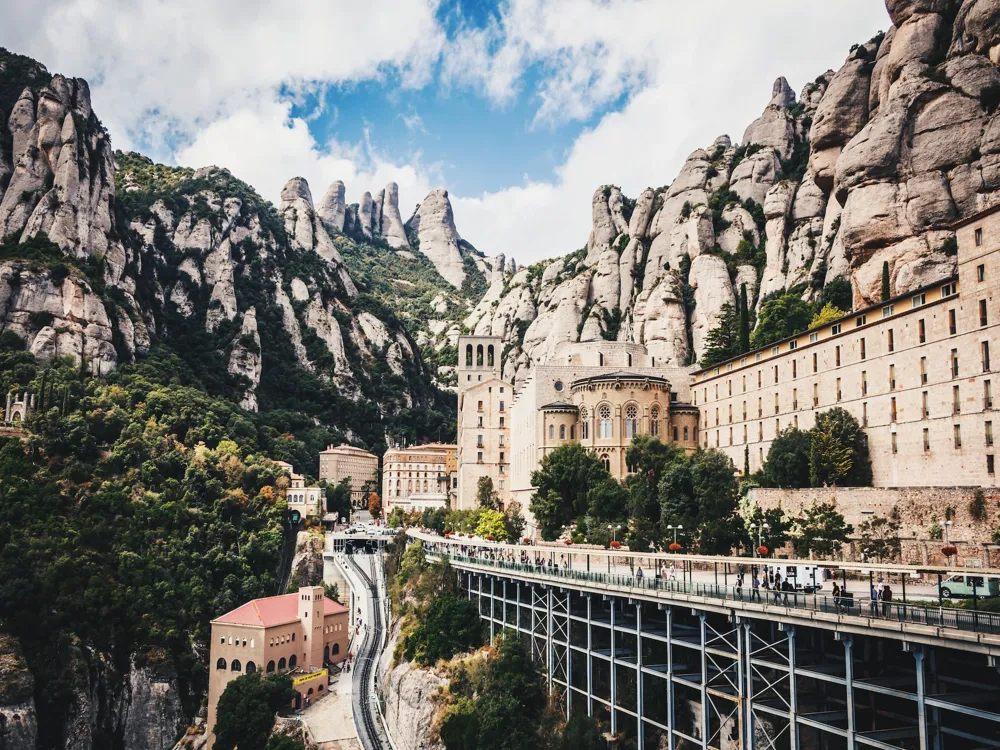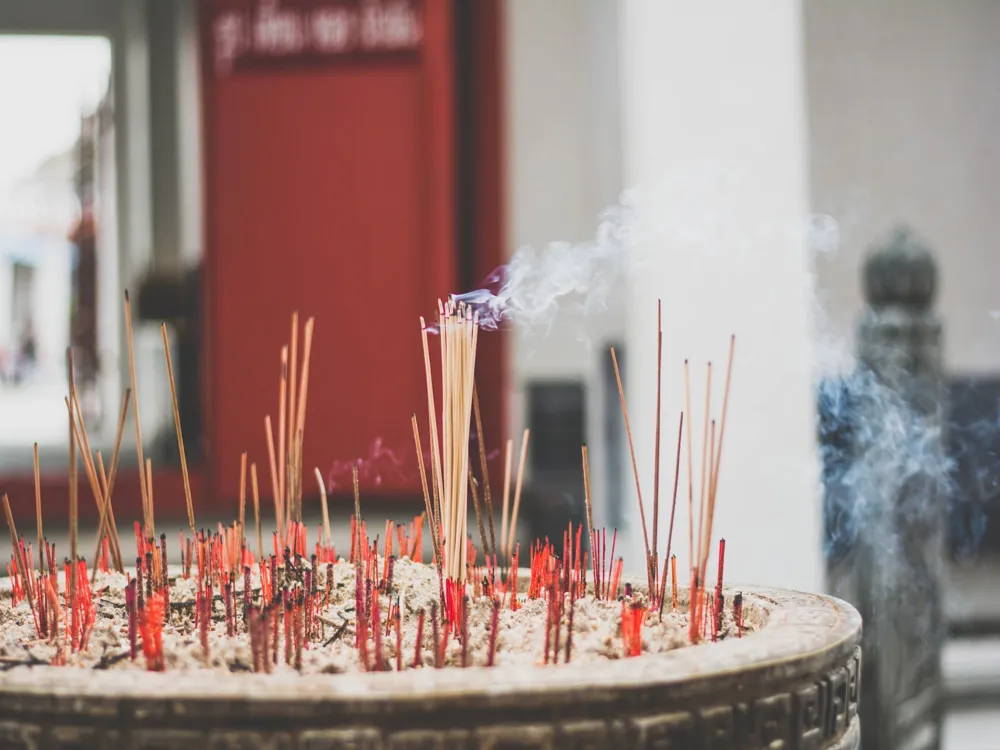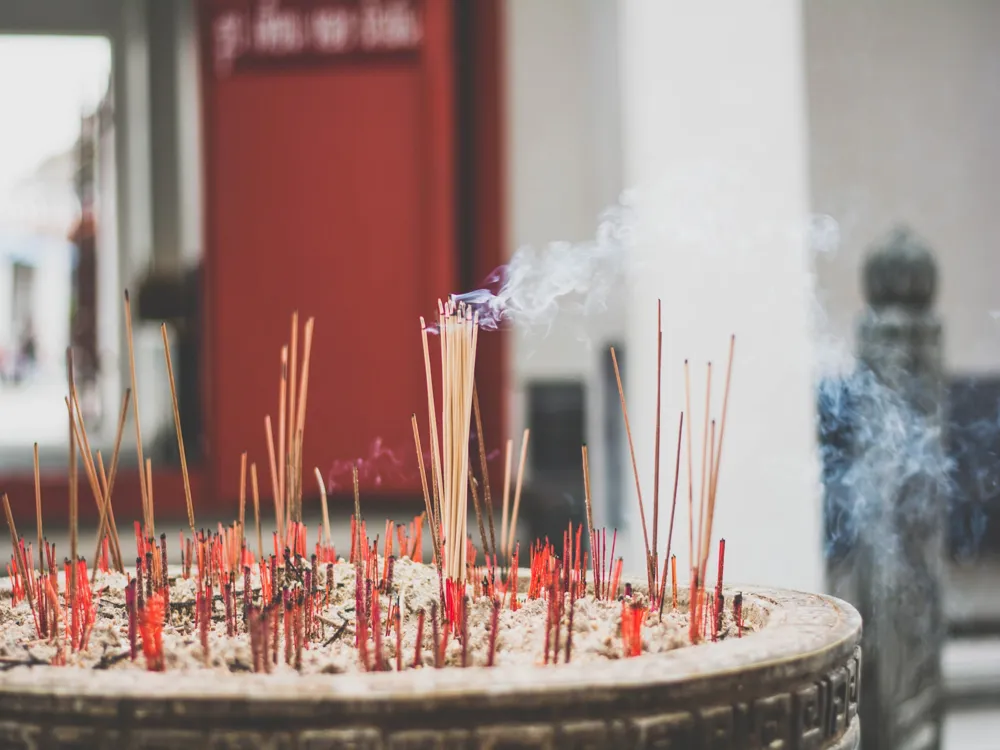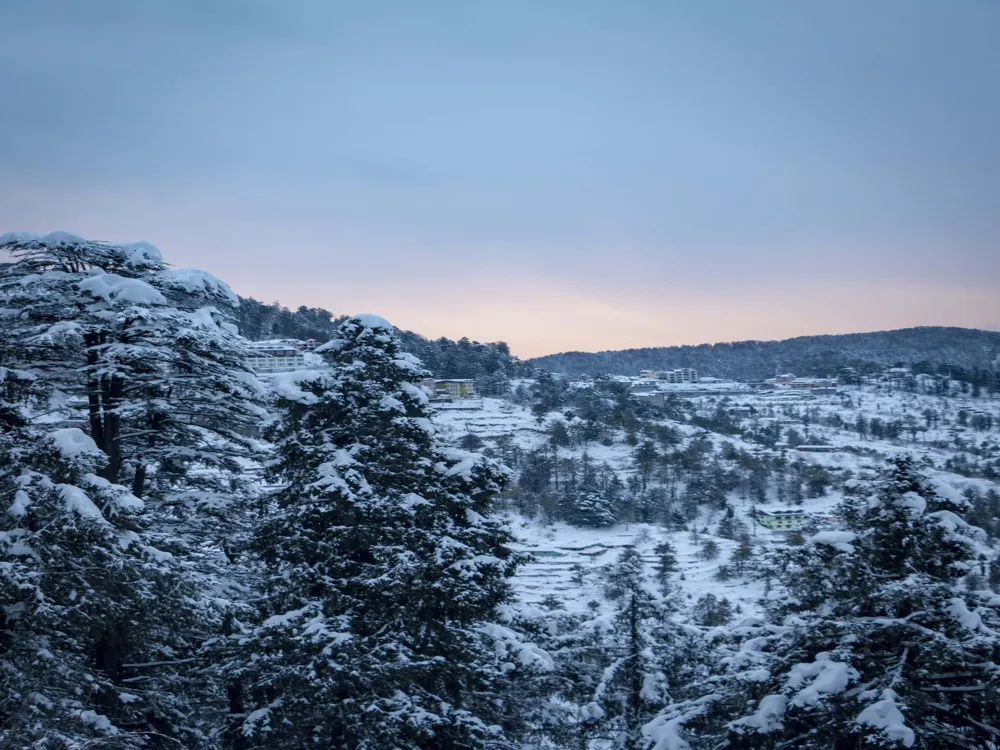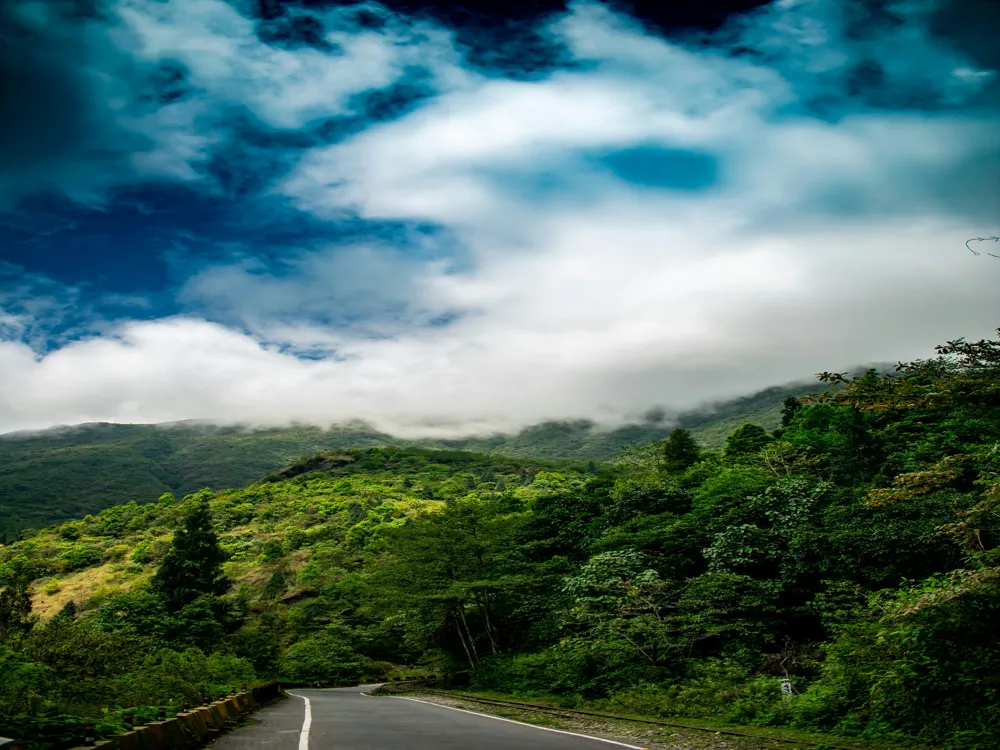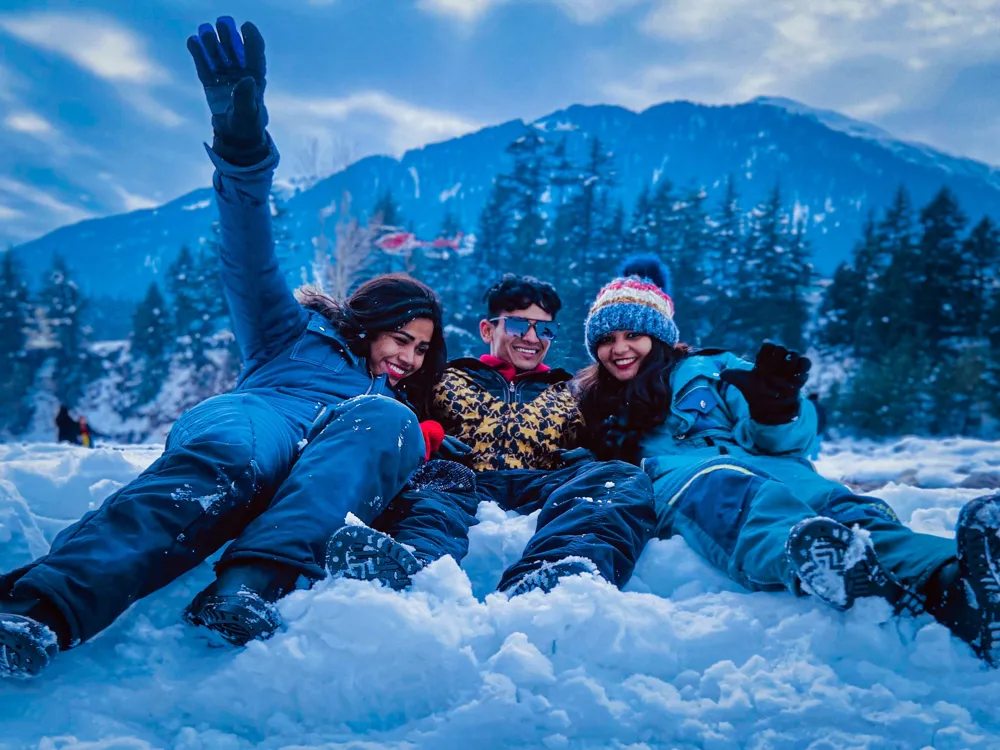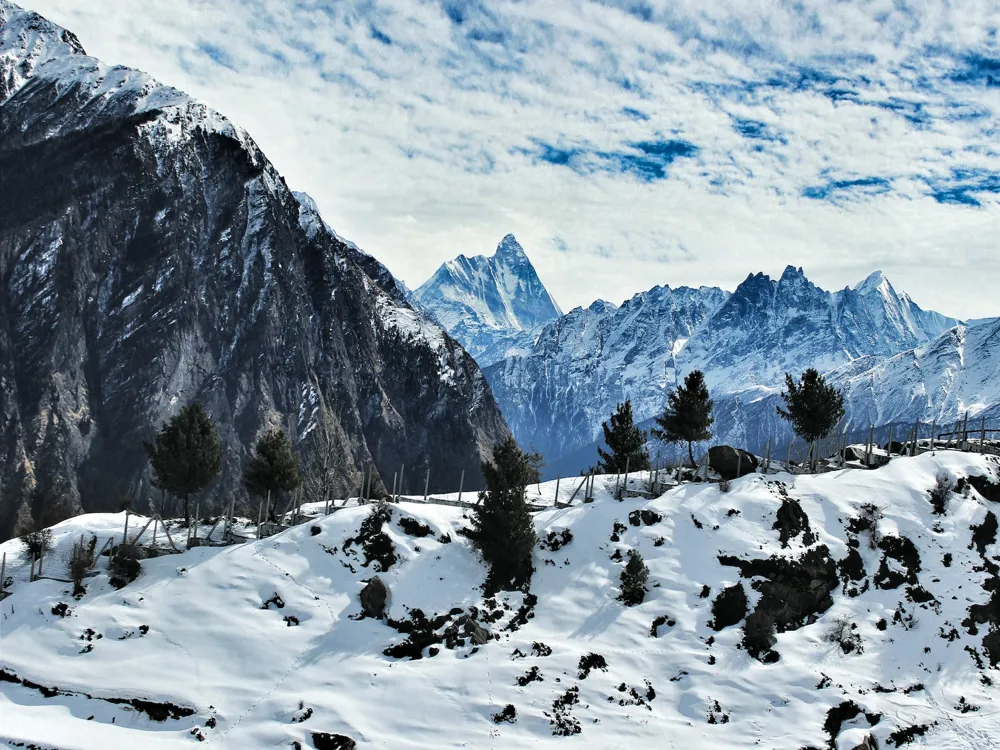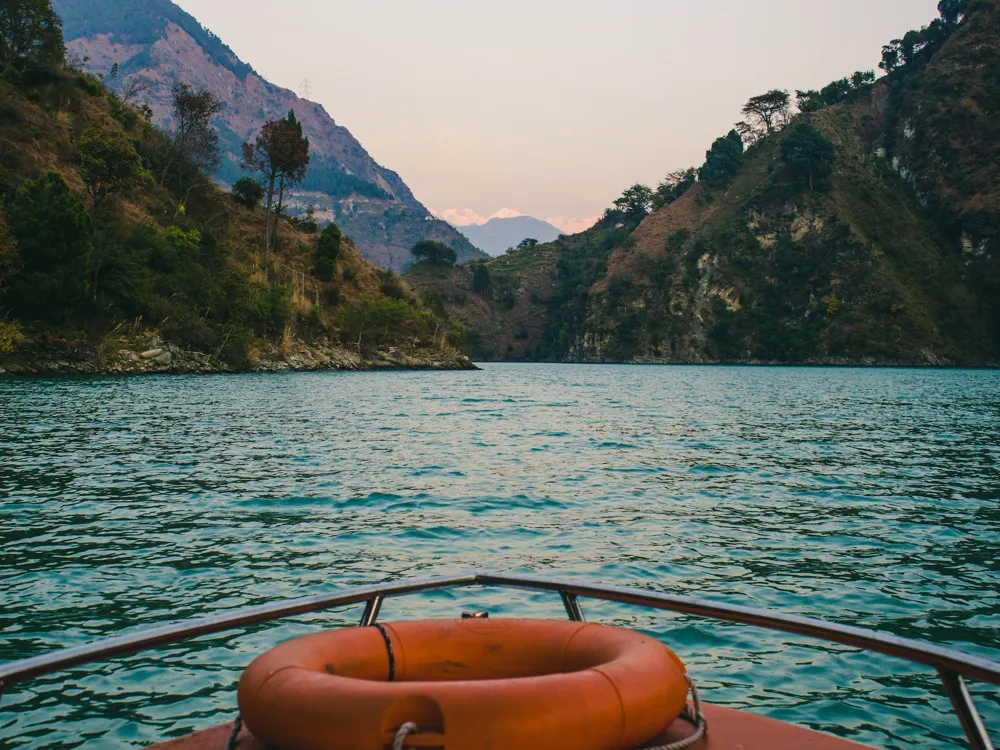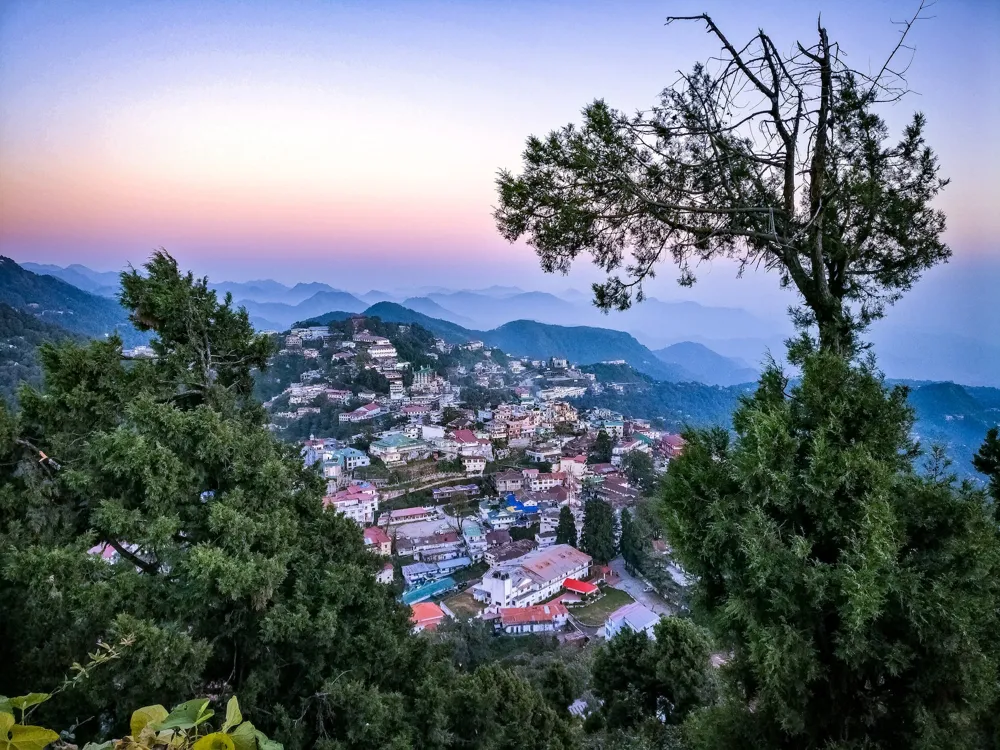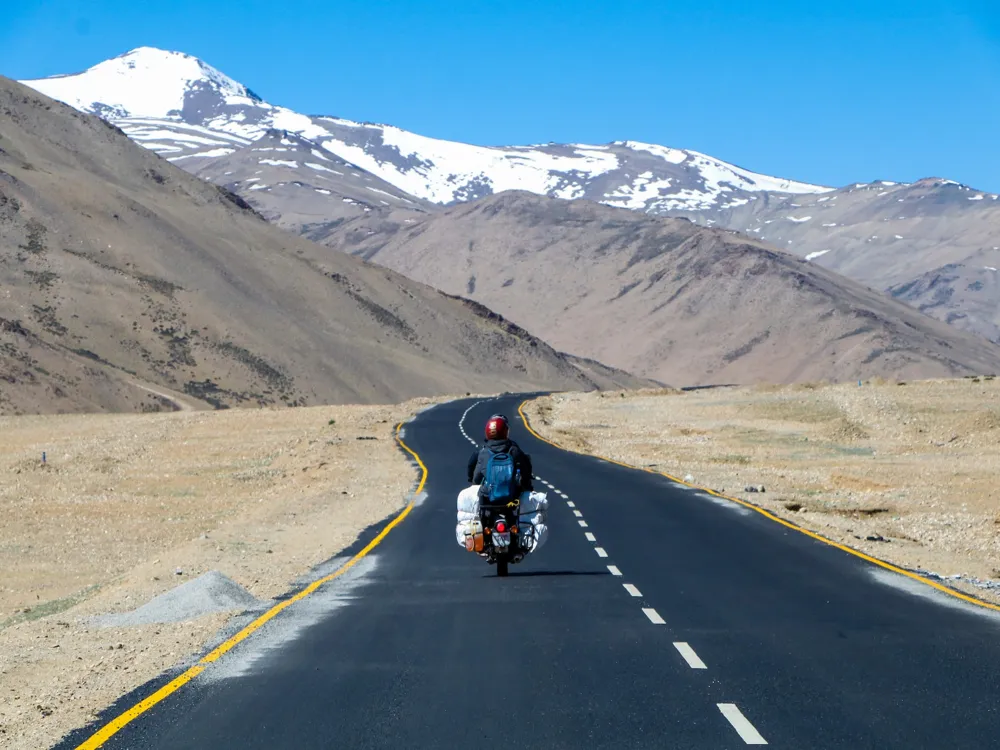Best Time to Visit Naggar
Himachal Pradesh India
34 out of 42 Places to visit in Himachal Pradesh₹ 5,000 onwards View Packages
Get Customized PackagesThe Land of Diversity
Top Hotel Collections

Private Pool

Luxury Hotels

5-Star Hotels

Pet Friendly
What is the Best Time to Visit Naggar?
Nestled in the heart of Himachal Pradesh, Naggar is a captivating destination that beckons travelers throughout the year. However, the pinnacle of its allure unveils itself during the months of March to June and September to November. The moderate temperatures, ranging from 10°C to 25°C, offer an ideal climate for exploration. During these periods, Naggar showcases its natural beauty, historical landmarks, and cultural vibrancy. Visitors can revel in pleasant weather, witness the bloom of vibrant flowers in spring, or enjoy the golden hues of autumn. Choosing the right time to visit Naggar ensures an immersive experience, avoiding extreme weather conditions and embracing the diverse facets of this enchanting destination.
More about Best Time to Travel to Naggar
Travel Peak Season in Naggar
Naggar's peak season, spanning from March to June and September to November, is a symphony of pleasant weather and vibrant landscapes. With temperatures ranging between 10°C to 25°C, this period is perfect for exploring Naggar's historical sites, including the Naggar Castle and Nicholas Roerich Art Gallery. The clear skies and moderate climate make it an optimal time for trekking, sightseeing, and immersing in the local culture. Visitors during the peak season can witness Naggar in its full glory, with lush greenery in spring and golden hues in autumn, providing a picturesque backdrop to their memorable journey.
Travel Offseason in Naggar
The offseason in Naggar, primarily during the monsoon months from July to September, provides a unique perspective for intrepid travelers. While occasional rain showers may limit outdoor activities, it's an opportune time for nature enthusiasts to witness the lush transformation of Naggar's landscapes. The offseason invites a quieter ambiance, allowing for a more introspective and personalized connection with the destination's natural wonders. Indoor explorations, such as museum visits and cultural experiences, offer respite from the rain. The offseason in Naggar caters to those seeking solitude and a distinct encounter with the destination away from the peak-season crowds.
Naggar Travel Packages
View All Packages For Naggar
Naggar in Shoulder Season
Naggar in the shoulder seasons, February and December, presents a delightful climate with fewer crowds. With temperatures ranging from 5°C to 20°C, it's an opportune time for a more contemplative visit, enjoying the crisp air and serene ambiance. The shoulder seasons offer a quieter atmosphere compared to the peak months, allowing for a more intimate connection with Naggar's natural and cultural treasures. Whether exploring the ancient temples or admiring the surrounding landscapes, Naggar in the shoulder season provides an optimal setting for a tranquil and rejuvenating experience, allowing visitors to savor the destination's charm at their own pace.
Naggar in Hot Season
Naggar in the hot season, from June to August, experiences warmer temperatures, ranging from 15°C to 30°C. While the heat may be more pronounced, this period offers a unique perspective on Naggar's lush landscapes. Visitors can still enjoy shaded trails and explore the natural beauty of the region during the cooler parts of the day. The hot season is ideal for those who can withstand the heat and wish to experience Naggar's verdant landscapes with fewer fellow travelers. It unveils a different facet of the destination, providing a distinctive and rewarding summer escape.
Naggar in Rainy Season
Naggar in the rainy season, from July to September, transforms into a lush green paradise with occasional rain showers. While outdoor activities may be limited, the destination's landscapes take on a different charm amidst the verdant surroundings. Travelers during the rainy season can explore Naggar's cultural and historical sites indoors, witness the beauty of the monsoon rains, and enjoy a quieter experience away from the crowds. The rainy season in Naggar invites those who appreciate the lush beauty of nature and are willing to embrace the unique ambiance created by the rain in this Himalayan retreat.
Naggar in Cool Season
Naggar in the cool season, from December to February, offers a chilly yet enchanting atmosphere for travelers. With temperatures ranging from 0°C to 15°C, this period is perfect for those seeking a winter escape and panoramic views of the surrounding mountains. The cool season sets the stage for enjoying cozy moments, capturing snow-capped peaks, and relishing the crisp mountain air. While outdoor activities may require layers, Naggar in the cool season provides a serene and picturesque setting for a winter retreat, creating a memorable and charming experience in this Himalayan gem.
Places To Visit In Naggar
Nearby Places Naggar
Naggar Photos
View All Photos For NaggarBrowse Package Collections
Browse Hotel Collections
Faq
Q: What is the best time to visit Naggar?
A: The best time to visit Naggar is during the spring (March to June) and autumn (September to November) seasons when the weather is pleasant, and the landscape is vibrant.
Q: Is Naggar suitable for a visit during the monsoon season?
A: While Naggar experiences monsoon from July to August, it is advisable to check weather conditions beforehand as heavy rainfall may disrupt travel plans.
Q: Are winters a good time to visit Naggar?
A: Yes, winters (December to February) are ideal for snow enthusiasts. Naggar transforms into a winter wonderland during this time, offering a unique and picturesque experience.
Q: What festivals or events happen during the recommended visitation periods?
A: Naggar hosts various cultural festivals and events throughout the year. Check local calendars for events like the Naggar Fair during October-November, providing a rich cultural experience.
Q: Can Naggar be visited year-round?
A: Naggar is accessible throughout the year, but the activities and experiences vary. Choose the time of your visit based on your preferences, whether it's the snow-covered landscapes in winter or the lush greenery in spring.

